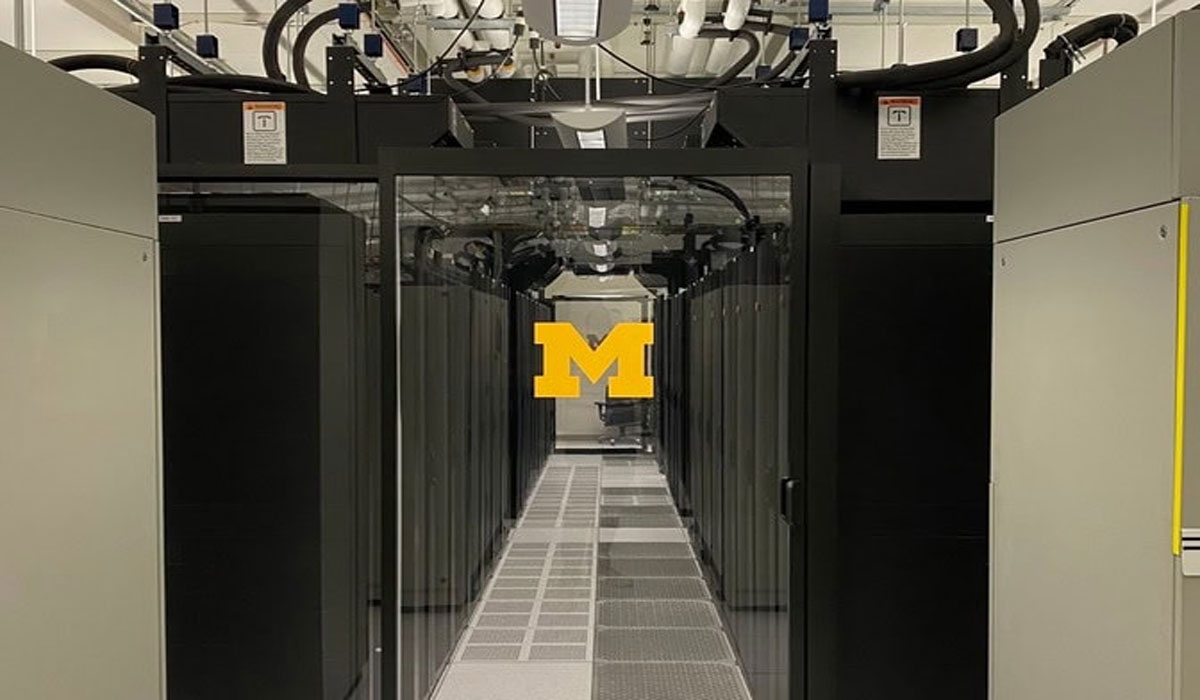A less wasteful way to train large language models, such as the GPT series, finishes in the same amount of time for up to 30% less energy, according to a new study from the University of Michigan. The approach could save enough energy to power 1.1 million U.S. homes in 2026, based on Wells Fargo’s projections of AI power demand. It could also take a bite out of the International Monetary Fund’s prediction that data centers could account for 1.2% of the world’s carbon emissions by 2027—and the water demands that come with that energy use.




